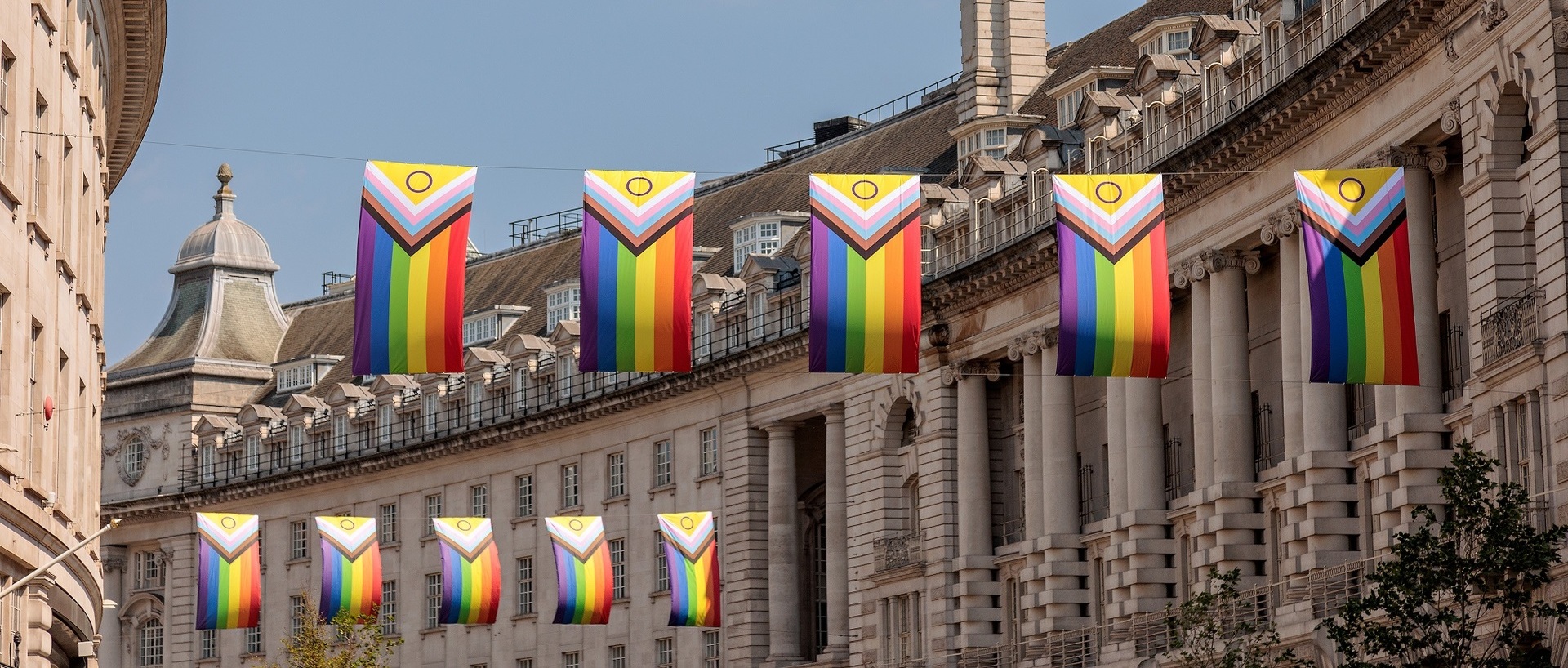DISCRIMINATION BASED ON RELIGION OF BELIEF
WHAT IS A PROTECTED RELIGION OF BELIEF?
The Equality Act 2010 makes it illegal to discriminate against someone because of their religious or philosophical beliefs.
Religion includes ‘any religion of sufficient seriousness with a clear structure and belief system,’ including religious denominations. It also includes a lack of religion.
A philosophical belief is a bit harder to define. The court will consider whether the belief is:
genuinely held
more than just an opinion or viewpoint
affects how the individual lives their life
about a substantial aspect of human life and behaviour
worthy of respect. A belief that is incompatible with the fundamental rights of others will not be protected
The tribunal is not concerned with the scientific or logical basis of the belief.
If there has not been a previous case about your specific religious or philosophical belief, there may be valid arguments on both sides as to whether the belief should fall under the Equality Act. In these cases, legal advice can be valuable in helping you to argue why your philosophical belief should be protected under the Equality Act.
Once it is established that your religion or belief is protected under the Equality Act, you will need to show that your employer’s behaviour was discriminatory and was based on your belief, if you wish to make a claim.
Beliefs that have been held to be protected include:
humanism
environmentalism
spiritual beliefs such as communicating with the dead
Scottish independence
the sanctity of life, including animal life
Beliefs that have been held to not be philosophical include:
support or membership of a political party
Holocaust denial
belief in certain conspiracy theories
patriotism
While these examples offer guidance, the outcome will depend in part on how deeply a claimant holds their views. For example, in Casamitjana v League Against Cruel Sports (which ruled that ethical veganism was a philosophical belief) the claimant’s beliefs went beyond dietary preferences and included avoiding animal products in cosmetics and clothing, and walking rather than use transport that could harm animals .
IS IT EVER ACCEPTABLE TO DISCRIMINATE BY RELIGION OR BELIEF?
At work, your right to practice your views may be restricted:
in the interests of public safety, order, health and morals
to protect the rights and freedoms of others
where there are legitimate business reasons for a policy that indirectly discriminates
The restriction must be proportionate to these interests.
For example, a dress code that banned visible jewellery was held to discriminate against a Christian employee who wore a crucifix as part of her Christian beliefs. But a similar policy was justified in a medical setting where jewellery was banned on health and safety grounds.
In certain occupations, it is reasonable to directly discriminate by excluding people who don’t hold the appropriate beliefs. For example, religious ministers will be chosen based on their beliefs. Belief-based organisations such as ethical charities or faith schools may also be justified in only employing people who share those beliefs.
Positive action may be justified if it can be shown there is a need and the action is proportionate.
WHAT HAPPENS WHEN BELIEFS CONFLICT WITH OTHER PROTECTED CHARACTERISTICS?
A belief that is incompatible with the fundamental rights of others will not be protected. For example, a belief that one race is superior to others would be incompatible with other people’s right to equality. However, the Tribunal has made it clear that this is a high threshold to meet, and only the most extreme and grave views would not be worthy of respect.
As the bar is high there is room for protected views to conflict with the rights of others. For example, in Lee v Asher’s Baking Company, the religious beliefs of a Christian owner of a bakery came into conflict with a customer’s protected characteristic of sexuality, when the bakery refused to make a cake promoting gay marriage.
Such cases will be decided on the individual circumstances, which will be unique to each case. However, some factors that have been considered in such cases include:
the status of the parties - The original hearing of Lee v Asher’s Baking Company considered that the bakery was a business, and not a religious group.
the matter in dispute - The court considered that the bakery did not refuse to serve the customer because of his sexuality - They would refuse to decorate a cake with a slogan against their religious views whoever the customer was.
the manifestation of those beliefs - You are entitled to express a belief, but not to harass those who disagree.
whether the restriction is justified in the context.
DO I HAVE A CLAIM?
There are a lot of factors to consider when trying to understand whether you have a claim or not. As the outcome will depend on the specifics of your case, it can be very difficult to determine whether you have a valid claim. In many cases even different courts have come to different conclusions in the same case, with the outcome changing on appeal.
The outcome will depend on the facts of your individual case, but you will need to show that:
your belief is a protected religion or philosophical belief
the activity in dispute is a manifestation of that belief
your employer has interfered with that activity, directly or indirectly
the interference was not justified or was disproportionate
This is a complex and sometimes controversial area. Cases can take a long time to resolve, as there are several separate issues to be decided, and each could be subject to appeal. It is wise to seek legal advice before beginning a claim.
An Employment Law solicitor can advise whether you have a claim and how strong it is. They can also advise you about the reality or pursuing a claim, and help you balance the potential outcomes with the time and financial investment involved.
Seeking legal advice early can also help you to present a strong argument of your views, which can encourage your employer to consider a settlement to avoid a lengthy claim in the tribunal.

GET IN TOUCH
Do you have a legal matter you'd like to discuss with us? Get in touch using the details below or use the form here and a member of our team will be in touch to discuss your enquiry.



Address: Spencer Shaw Solicitors Limited
St Mary's House, 68 Harborne Park Road,
Harborne, Birmingham, B17 0DH

Opening hours:
Monday - Friday 9:00AM - 5:00PM
Saturday, Sunday & Bank Holidays - Closed

Keep in touch





